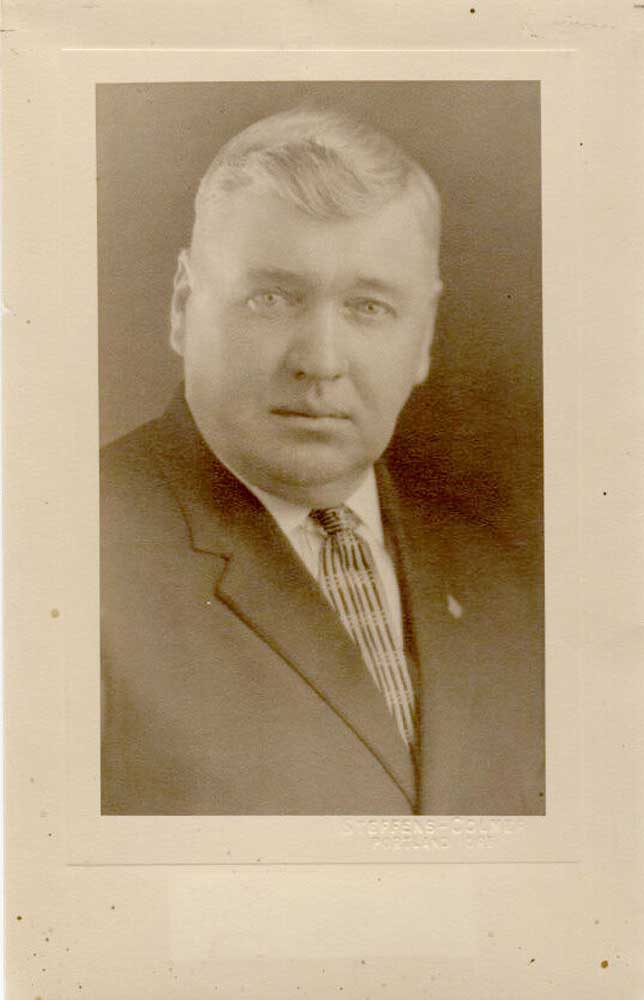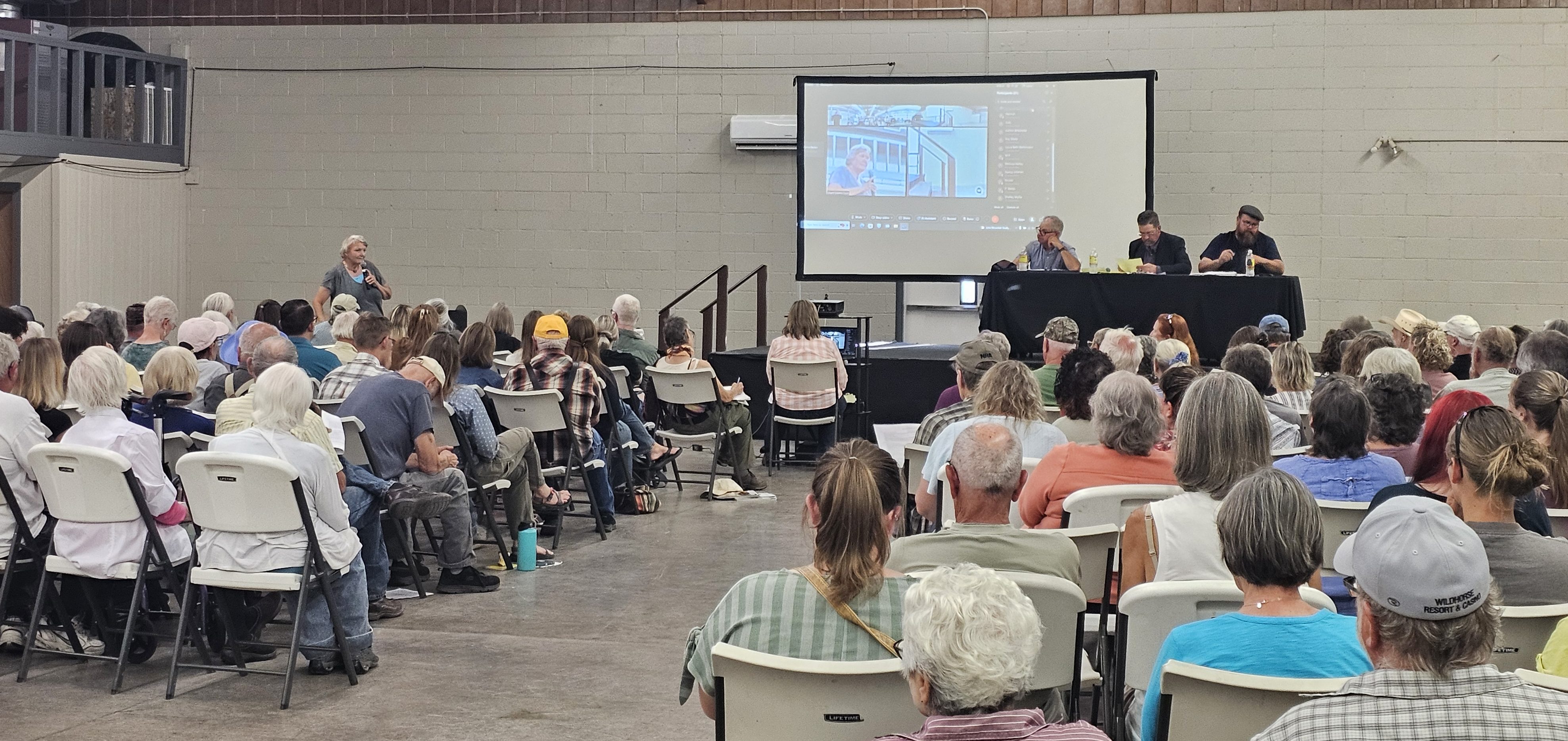Cy Bingham: A legendary sheriff of Grant County
Published 1:15 pm Tuesday, September 26, 2023

- This photo shows Cyrus Bingham, first supervisor of the Malheur National Forest and four-term sheriff of Grant County.
When it comes to a larger-than-life figures in Grant County history, Cyrus James “Cy” Bingham is a name that readily comes to mind.
Trending
Bingham was the first supervisor of the Malheur National Forest upon its creation in 1907. He moved on to become Grant County sheriff in 1920, serving until 1932.
Born in Michigan in 1870, Bingham started working as a cowboy in Asotin County, Washington, at the age of 20, then served as a forest ranger in the Cascades from 1903 to 1920, according to the online entry on Bingham in the Oregon Historical Society’s Oregon Encyclopedia. The Department of the Interior hired Bingham in 1903 as one of the first forest rangers in the Cascade Range Forest Reserve.
“A large and powerful man, he was reportedly the first to penetrate the high country to patrol the part of the reserve that stretched from the Three Sisters country in the north to Crater Lake in the south,” the Oregon Encyclopedia states. “As with many early rangers, Bingham lacked formal training in land management, but he had outdoor skills and an ability to persuade others.”
Trending
According to former Grant County Historical Museum curator Jayne Primrose, writing in the Blue Mountain Eagle, Bingham’s legacy including carving his name into trees throughout the Cascades.
The tree carvings, some of which are still in the woods while others are in museums, left a record of his presence and travels through the Cascade range and included his name and title, the date and remarks on 20 or more trees, according to the Oregon Encyclopedia.
After Bingham moved to Grant County, he helped quell range wars between cattlemen and sheep ranchers over grazing rights.
“He made them understand that he could shoot and that he ‘didn’t shoot for pleasure,’” Primrose wrote.
Bingham was both larger than life in his actions and large in stature, standing 6-feet-4 or more and weighing at least 300 pounds, according to Primrose, who also wrote that “he could lift either end of a (Ford) Model T and his eyesight was unbelievable.”
Bingham, who also loved to write poetry, was often seen with a big cigar in his mouth, wore a solid gold badge and carried a .30-30 Winchester carbine, she wrote.
“He dressed in all the trappings of his office — handmade and decorated Texas boots (size 16) into which he stuffed his pant legs, ivory handled Colt .45 with gold Colts inlaid in the ivory, striped white shirt, tie, and topped with a broad-rimmed Texas Stetson,” according to Primrose.
Bingham decided not to run for a fourth term as Grant County sheriff due to health problems resulting from blood poisoning, according to Primrose, and moved with his family to California, where he died in 1937.
“He understood fire, was a firefighter, and was very much an outdoorsman,” said current Grant County Sheriff Todd McKinley.
“His understanding of the land was what helped him with his job. He had no formal training, but was well-liked. I think back then you got a badge and brought your own gun and went to work.”









